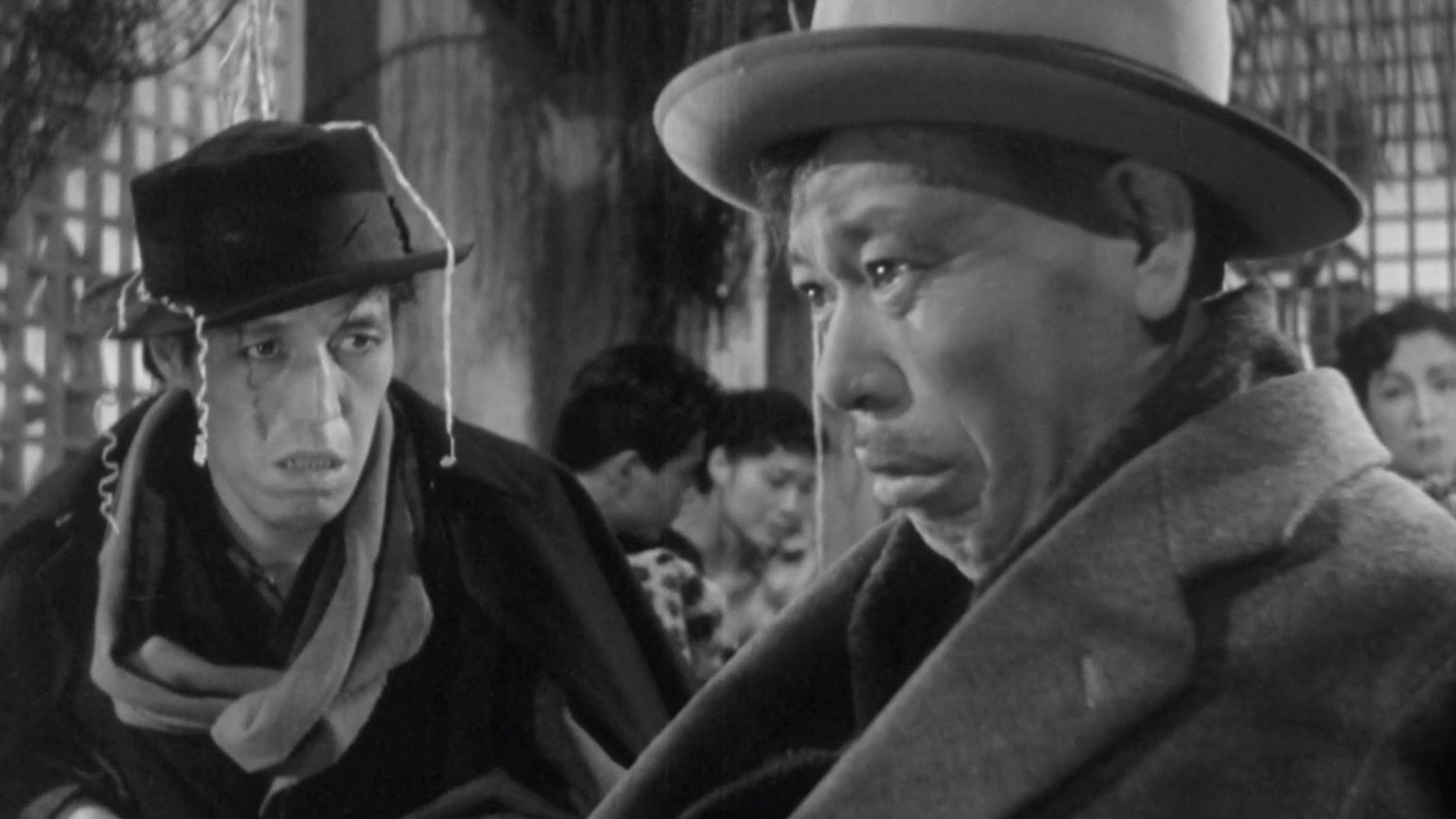In Oppenheimer, the pen is mightier than the bomb, even in the context of a three-hour biopic about the bomb’s father. Christopher Nolan’s summer movie adaptation of the Pulitzer Prize-winning book, American Prometheus: The Triumph and Tragedy of J. Robert Oppenheimer, is finally available to rent in the U.S. as of this week. Yet the movie’s single most effective scene, emotionally if not dramatically, hinges on the stroke of a pen and the mention of another country, where Oppenheimer won’t receive a theatrical release until 2024.
In this scene, Japan’s presence — felt but not seen in a room full of Irish and American actors — hints at a different kind of third act that could have developed if Nolan had chosen to open up the narrative to other perspectives. In an interview with Total Film earlier this year, he addressed Oppenheimer’s point-of-view, saying, “I wrote the script in the first person,” and, “The colour scenes are subjective; the black-and-white scenes are objective.” However, it ultimately feels like the black-and-white scenes just offer a second subjective viewpoint from another character.
For much of its runtime, Oppenheimer is riveting, but toward the end, as it gets caught up in courtroom drama and petty personal vendettas, it starts to feel like it’s so limited in its cultural perspective as to be almost myopic. Maybe that’s the point since it’s all about a man with supreme tunnel vision. As a theoretical physicist, Oppenheimer (Cillian Murphy) is focused so deeply on his scientific work that, until it gets away from him, he neglects to fully consider the collateral damage it might cause, or the damage he might cause in his relationships.
Read More








